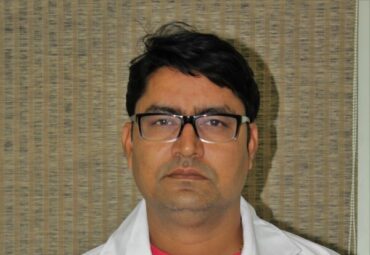Administrative & Operations

Hospital administrators oversee the organizational side of health services. Either working in a team or independently, they make sure a medical facility is employing effective and efficient practices that deliver the best care possible. What a doctor is to a patient, a hospital administrator is to a medical facility. And keeping a large organization healthy requires a robust and multidimensional skillset.
On a concrete level, a bachelor’s degree in a related field is the bare minimum of education required to be a hospital administrator. However, many hospital administrators have master’s degrees (often MHAs or MBAs) that provide both the advanced technical knowledge and the leadership skills necessary to run a large, multi-faceted, health organization. Hospital administrators need to be competent in analysis, communication, and maintaining collaborative relationships. And those competencies have to be grounded in a strong technical understanding and a detail-oriented approach that can effectively handle the industry’s nuances.
In effect, hospital administrators save lives, but they do so in complex and varied ways.


Dr. Khushboo Dubey
Dedicated Doctor with stellar academic background. excellent communication skills with colleogues, patients and public. honesty & sincerity in my work…


